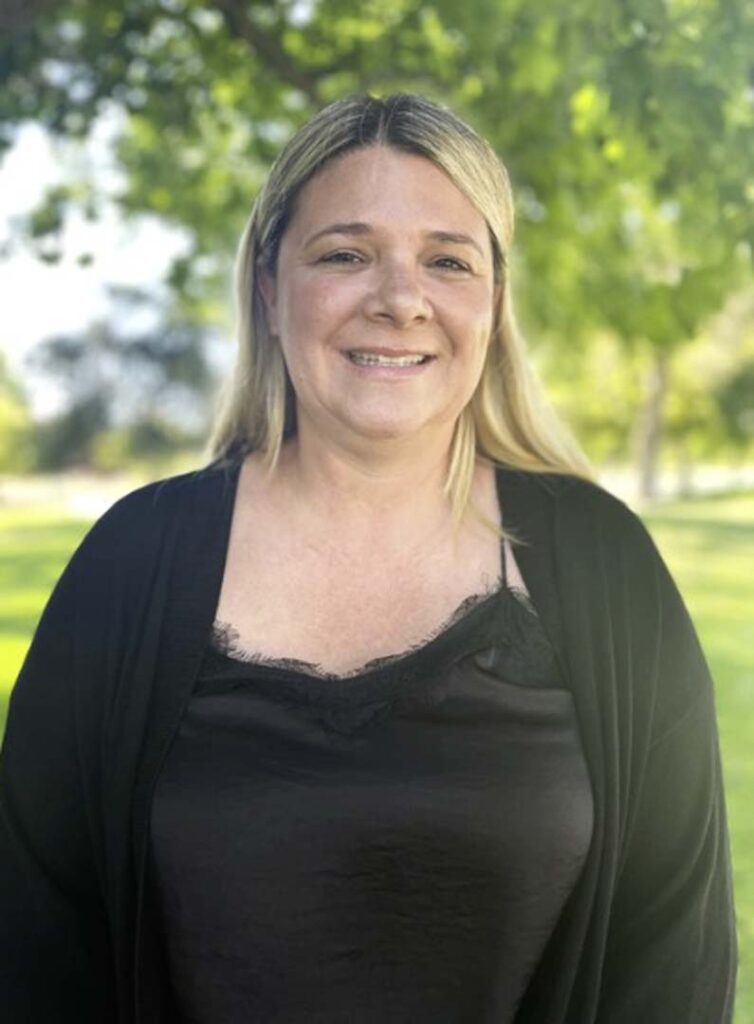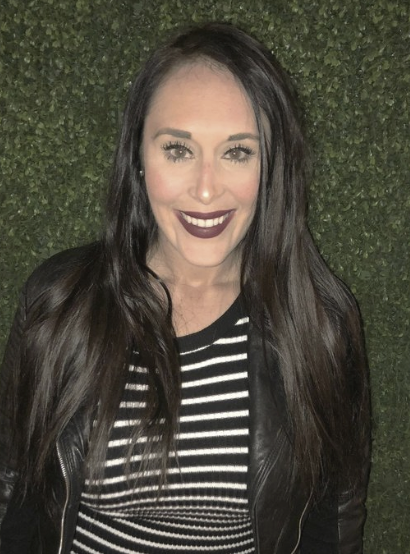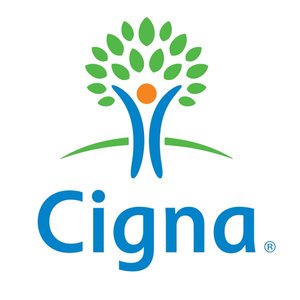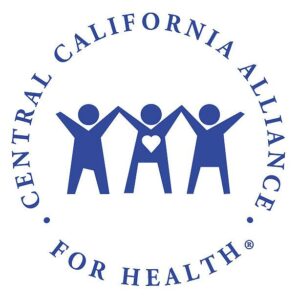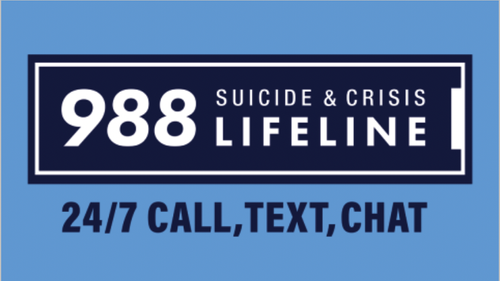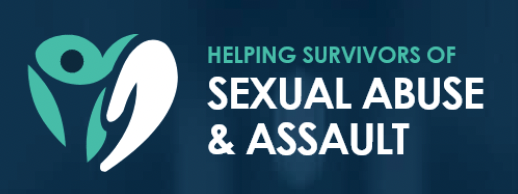Online Treatment for Depression & Grief
Get Help Overcoming Depression & Grief
Discover tailored therapy to help you conquer your depression and take control of your life.

Our Approach to Depression Therapy
How We Treat Depression & Grief
We understand that depression and grief are complex and deeply personal experiences. That’s why we offer a compassionate and personalized approach to therapy. When you choose us for your depression treatment, you can expect individualized care from an expert mental health professional.

Depression Treatments by Bridges Therapy
Depression Treatments
The team at Bridges Therapy specializes in several types of depression, including:
Major Depressive Disorder (MDD)
This is the most common form of depression characterized by persistent feelings of sadness, hopelessness, and a loss of interest or pleasure in activities. It often affects daily functioning and can include symptoms such as changes in appetite, sleep disturbances, fatigue, and difficulty concentrating.
Persistent Depressive Disorder (PDD)
Formerly known as dysthymia, PDD involves chronic depressive symptoms lasting for at least two years. The symptoms are generally less severe than MDD but can still significantly impact daily life.
Postpartum Depression (PPD)
PPD occurs in women after childbirth and is characterized by intense feelings of sadness, anxiety, and exhaustion. It can affect the ability to care for oneself and the baby.
Seasonal Affective Disorder (SAD)
SAD is a type of depression that occurs during specific seasons, typically in fall or winter when there is less sunlight. Symptoms may include low energy, increased sleep, weight gain, and a general feeling of sadness.
Bipolar Disorder
Bipolar disorder involves alternating periods of depression and elevated mood, known as mania or hypomania. During depressive episodes, symptoms are similar to those of MDD.

Greif Treatment by Bridges Therapy
Treatment of Grief
While grief is commonly associated with the loss of a loved one, it can also be triggered by other types of losses, such as the end of a significant relationship, a miscarriage or stillbirth, the loss of a job or career, the loss of a pet, or the loss of a cherished dream or expectation. At Bridges Therapy, we offer:
Supportive Counseling
Talk therapy or supportive counseling provides a safe and non-judgmental space to express emotions, explore the impact of the loss, and receive support and guidance in navigating the grieving process.
Grief Support Groups
Participating in support groups with others who have experienced similar losses can offer validation, understanding, and a sense of community.
Self-Care and Coping Strategies
Engaging in self-care activities that promote emotional well-being, such as journaling, creative expression, exercise, and seeking support from loved ones, can be helpful in processing grief.
Meet Our Clinicians
Client FAQs
Frequently Asked Questions
What is the primary cause of depression?
Depression does not have a single primary cause, but rather results from a complex interaction of various factors. Here are some primary factors that can contribute to the development of depression:
Biological Factors: Imbalances in brain chemistry, genetic predisposition, and changes in hormone levels can contribute to the onset of depression. Individuals with a family history of depression may have a higher risk.
Environmental Factors: Certain life events or circumstances, such as trauma, loss, chronic stress, or abuse, can trigger or exacerbate depression. Adverse childhood experiences (ACEs) can also increase vulnerability.
Psychological Factors: Personal characteristics, such as low self-esteem, negative thinking patterns, perfectionism, or a history of mental health issues, can contribute to the development of depression.
Social Factors: Social isolation, lack of social support, conflict in relationships, or experiencing discrimination can impact mental well-being and contribute to the development of depression.
Medical Conditions: Certain medical conditions, such as chronic pain, hormonal disorders, or neurological conditions, can increase the risk of developing depression.
It is important to remember that these factors interact and influence each other, and the specific causes of depression can vary from person to person. Depression is a complex condition, and a comprehensive understanding of individual circumstances is essential for accurate diagnosis and effective treatment.
What is the primary cause of grief?
The primary cause of grief is the experience of a significant loss. Grief is a natural response to any type of loss that holds emotional significance to an individual.
The most common cause of grief is the death of a loved one, but it can also result from other types of losses such as the end of a significant relationship, the loss of a job, the loss of a pet, a miscarriage or stillbirth, or the loss of a cherished dream or expectation.
Grief is a complex emotional process that involves mourning, adjusting to the loss, and finding ways to cope and heal. The intensity and duration of grief can vary for each person and are influenced by factors such as the relationship with the person or thing lost, the circumstances surrounding the loss, and the individual’s support system and coping mechanisms.
How do I know if I am suffering from depression or grief?
The symptoms of depression and grief can overlap, as both can involve feelings of sadness and emotional distress. However, there are some distinct differences in how these symptoms are experienced. Here are some common symptoms associated with each:
Depression
- Persistent feelings of sadness, emptiness, or hopelessness.
- Loss of interest or pleasure in activities once enjoyed.
- Significant changes in appetite and weight (either increased or decreased).
- Sleep disturbances, such as insomnia or excessive sleeping.
- Fatigue or loss of energy.
- Feelings of worthlessness or excessive guilt.
- Difficulty concentrating, making decisions, or experiencing memory problems.
- Restlessness or slowed movements.
- Recurring thoughts of death or suicide.
Grief
- Intense feelings of sadness, sorrow, or emotional pain.
- Waves of grief or profound longing for the person who has been lost.
- Preoccupation with thoughts or memories of the deceased.
- Difficulty accepting the reality of the loss.
- Yearning or searching for the person who has passed away.
- Social withdrawal or feeling disconnected from others.
- Changes in appetite or weight due to a loss of interest in food or comfort eating.
- Sleep disturbances, such as difficulty falling asleep or staying asleep.
- Irritability or anger related to the loss.
It’s important to note that grief is a natural response to loss and can encompass a wide range of emotions, while depression is a distinct mental health condition that often requires professional intervention. If you or someone you know is experiencing symptoms of depression or grief that are persistent, severe, or interfering with daily functioning, it’s advisable to seek support from a mental health professional.
How common is depression?
According to the National Institute of Mental Health (NIMH), in 2020, an estimated 20.6 million adults in the U.S. had at least one major depressive episode in the past year, which corresponds to approximately 8.4% of the adult population. Additionally, depression affects individuals across various age groups, including adolescents and children.
Client Reviews
Extremely happy with my therapist… Garni is the best!
”I am very satisfied with my therapist. She does an amazing job understanding what I have to say and she gives amazing feedback as well which really helps me a lot. She is so incredible and so nice.
”I am very satisfied with the Client Care Department! In the very beginning when I needed it most they were very helpful, understanding and empathetic to my needs.
”I very much appreciated the sense of urgency and attitude that was given to me during my intake process
”My therapist Olivia has been amazing.
”My therapist is amazing and I couldn’t imagine working with anyone else each week.
”





